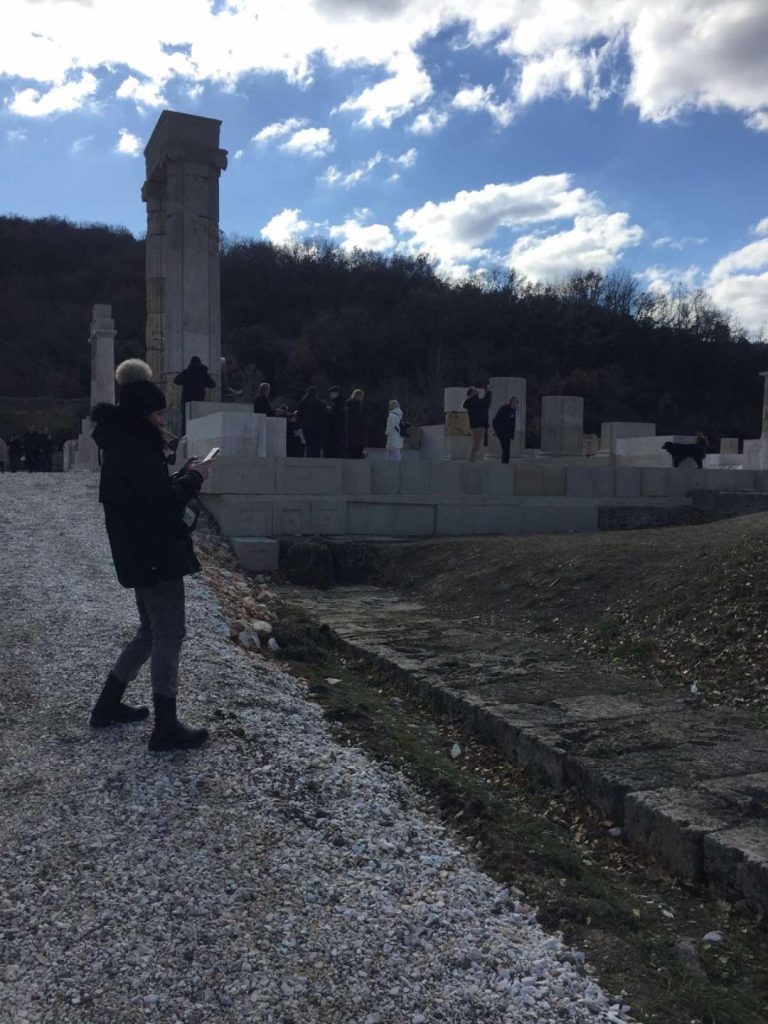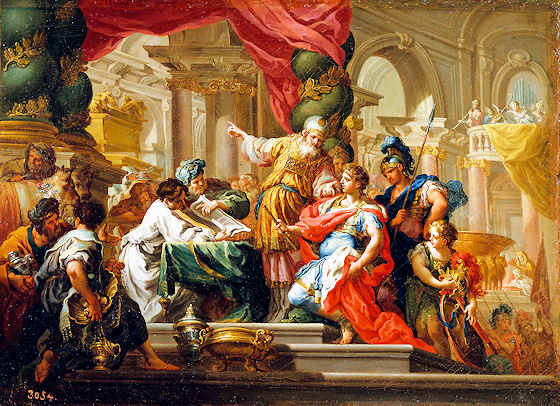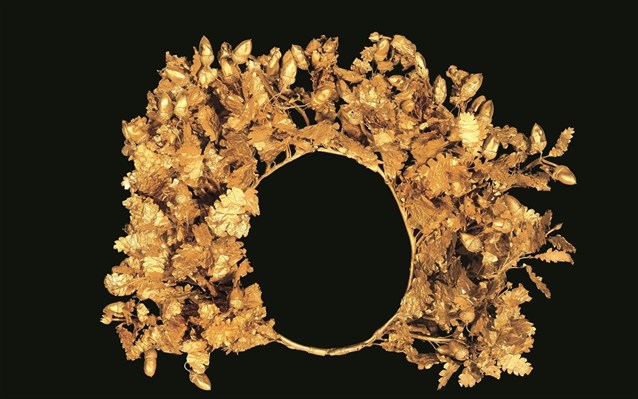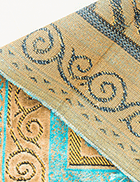
The ancient Greek kingdom of Macedonia became one of the most significant Greek kingdoms of all time under the rule of Alexander the Great. That occurred in the fourth century BCE. However, how did this kingdom even originate, and where did the ancient Macedonians come from?
Descendants of Heracles One striking fact about the Macedonians is that they were allegedly descendants of the famous Heracles, also commonly known as Hercules. This legend appears as early as the writings of Herodotus, the first person to write extensively about the history of the ancient Greeks.
According to Herodotus, the great-great-grandson of Heracles was Temenus. This man, the king of Argos, had three sons. One of these sons was Perdiccas. According to Herodotus’ account, Perdiccas and his brothers left Argos and traveled north, founding their own city-state with Perdiccas as king. This city-state was in the region called Macedon.

When did this legendary origin of the kingdom of the Macedonians really happen, though? Perdiccas’ descendant just five generations later was a king named King Amyntas I. He was a vassal of Darius I of Persia, so his dates are certain. He appears to have been born around 570 BCE. Counting back five generations to the birth of Perdiccas takes us to about 670 to 695 BCE with an average of twenty to twenty-five years per generation. Therefore, although we cannot put a specific date on it, the origin of the Macedonians must date to about the middle of the seventh century BCE, when Perdiccas and his brothers left Argos to found their own city-state
Does the origin of the Macedonians go back to Caranus? However, contrary to this narrative, many sources claim a certain Caranus was responsible for the origin of the Macedonians. Caranus of Macedon, as many sources refer to him, was the legendary founder of this city-state and the son of Temenus. Perdiccas, meanwhile, is relegated to a mere descendant of Caranus. Which tradition is correct? The tradition which makes Perdiccas the direct son of Temenus is demonstrably the earlier and better supported tradition. A number of fifth century BCE writers support it, such as Herodotus, Thucydides, and Euripides. In contrast, we first hear of Caranus in the following century. Initially, we see him inserted in genealogical lists between Temenus and Perdiccas. Even later still, we see more generations between the two. Perdiccas finally appears as the great-grandson of Caranus.

It is quite evident that certain ancient Greek writers expanded the genealogical record from Temenus to Perdiccas to attempt to attribute a more ancient origin to the Macedonians. In the era in which we see these artificially-expanded lists, the Greeks were becoming more and more familiar with the nations of the Middle East, such as the Assyrians and the Persians. As scholar Nikos Kokkinos noted, at this time, they were heavily concerned with making themselves appear as ancient as possible to compete with those Middle Eastern nations.
The Greek origin of the Macedonians Ancient Greek historian Herodotus recorded an incident involving Alexander I of Macedon, the son of the aforementioned King Amyntas I. This Alexander reigned right at the start of the fifth century BCE. According to Herodotus’ account, at one point in Alexander’s life, he attempted to participate in the Olympic Games. Only Greeks were allowed to participate. At first, he was refused entry into the Games. However, the Hellanodikai (the judges of the Olympic Games) then determined that he was indeed Greek on the basis of his descent from Temenus of Argos.

Exactly why his identity as a Greek was questioned in the first place is unclear. Herodotus does not clarify this issue. The simplest answer, however, is that it was merely because ancient Macedon was right on the fringes of the Greek world at that time, leading to constant clashes and friction with the non-Greek tribes along its borders.
In any case, the historical evidence shows that the Macedonians spoke a Greek dialect, worshipped Greek gods, engaged in Greek customs, viewed themselves as Greeks, and, as we have come to understand, they were accepted as Greeks by others. Herodotus himself makes a point of saying that the dynasty of Macedon was Greek. In summary, we can see that the origin of the ancient Macedonians goes back to the Greek city-state of Argos. According to legend, it was founded by Perdiccas, the great-great-great-grandson of Heracles in the mid-seventh century BCE. greekreporter










